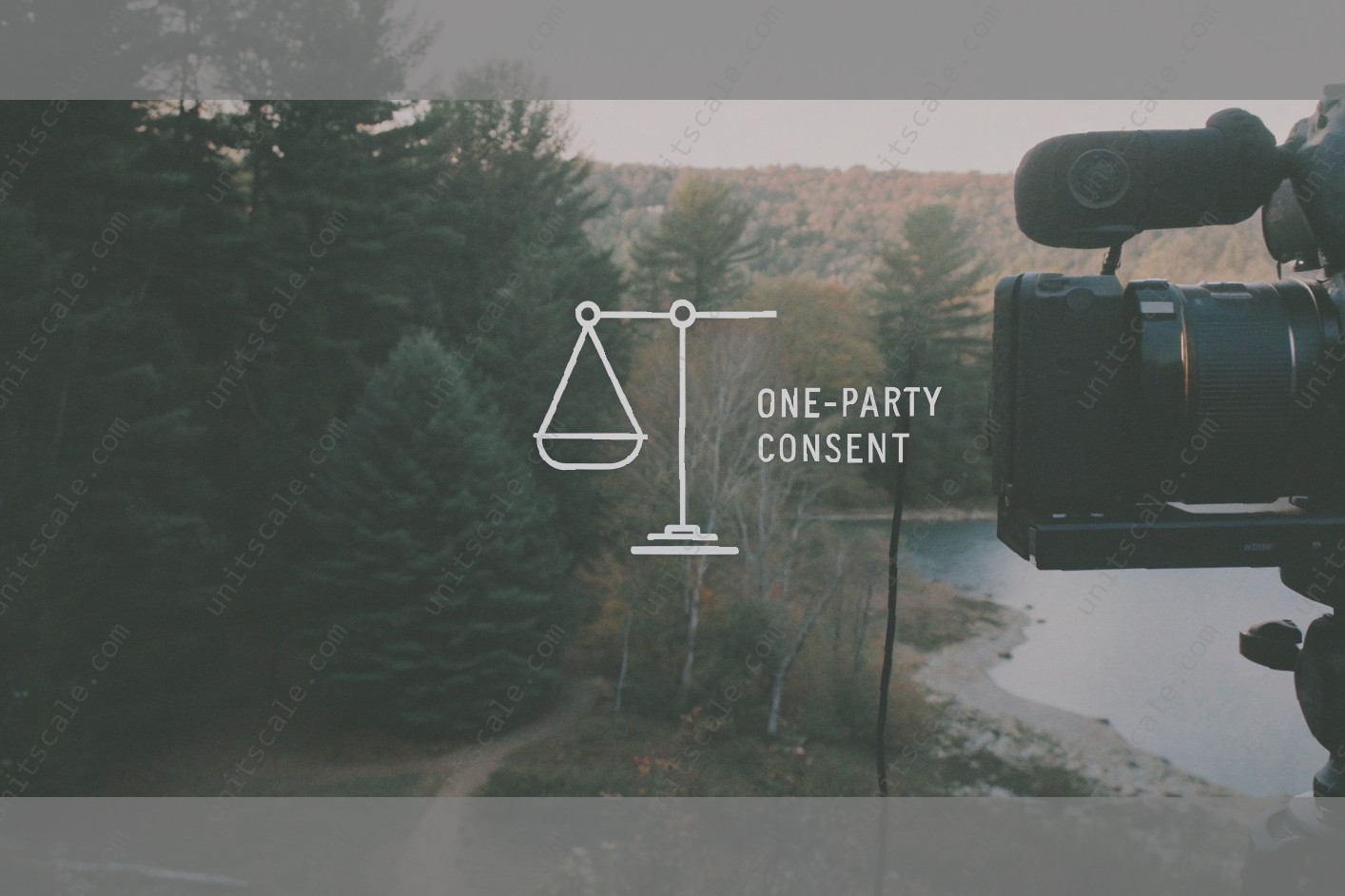A hold harmless agreement: what is it?
What is a hold harmless agreement? A contract may provide that one party "will hold harmless and indemnify the other party from and against all claims arising out of" the contract. This is known as a "hold harmless agreement." Such agreements are most often found in insurance contracts, but they can also be found in the context of general business contracts, real estate leases, or construction contracts.
In Michigan, a hold harmless agreement, with its waiver of contributory negligence, can be enforced only if it is conscionable. The general rule is that if the boarding or development of property is done in such a careless manner as to cause injury to others, the owner may not insulate himself from liability by a contract which a poor person with no bargaining power must sign if he wishes to have a place to live in or the opportunity to work. Gross negligence is actionable notwithstanding an agreement between the parties that a specified standard of care shall be met, and agreements as to the standard of care to be exercised by a party have no application to gross negligence . Such a provision may be general, or it can be based upon the existence of a specific act or omission, such as a failure to inspect property or improvements.
The same principle applies to the liability of a contractor to those who come on his premises. For example, a contract relieving a contractor from liability for injuries to third parties which arise from his negligence is void as against public policy where the contractor has an obligation to use reasonable care in the performance of his contract. Where the injury is the result of negligence by the property owner, rather than related to the contractor’s performance, the employee of a contractor will not be considered a third party within the general rule insulating the contractor from liability for his own negligence, and an indemnity provision in a construction contract requiring the contractor to indemnify the owner and his insurer for losses caused by the contractor’s own negligent acts is enforceable unless the loss consists of damages suffered by the owner as a result of his own negligence.

The legal framework of Michigan hold harmless agreements
While hold harmless agreements are not a common type of contract, they are still widely used in real estate transactions. This is particularly true for commercial transactions involving commercial leases and commercial sales.
As discussed in the prior section, a hold harmless agreement is used to shift responsibility (or liability) from one party to another. In Michigan, these agreements are governed by general contract law and there are no specific Michigan statutes addressing them.
While there is no Michigan statute regarding hold harmless agreements, there are limitations. The way to best avoid potential litigation is to draft very specific language that clearly evinces the intent of the parties and whether the parties agreed to shift responsibility.
In most situations, a hold harmless agreement is either express or implied.
An express hold harmless agreement contains language that states the parties’ intent that liability is being shifted from one to the other. An implied agreement does not contain express language but instead engages with relevant facts to establish that the parties intended to shift liability.
Michigan law has established that courts honor the intent of the parties. For example, the Michigan Supreme Court stated:
As an expression of intent, the plain meaning of the language used controls . . . [T]he cardinal rule is to read the contract according to its terms. . . .
If parties want the court to interpret their relationship, they should be specific in drafting a hold harmless agreement that outlines the relationship and expectations.
There are two main types of hold harmless agreements: mutual (bi-lateral) and one-sided. Mutual hold harmless agreements require both parties to indemnify and defend the other party. This obligates the party that is defending another to incur any expenses and assume the duties to defend, which includes costs and expenses incurred while defending. Reciprocal indemnification is particularly popular in purchase and sale transactions. With a one-sided (unilateral) hold harmless agreement, only one party is protected. This party agrees to indemnify and defend, while the other party does not.
Common applications and usage scenarios
Hold harmless agreements are versatile instruments that can be applied across multiple areas of law and business. In Michigan, these agreements are commonly used in scenarios such as business contracts, real estate transactions, and construction projects.
In the context of a business contract, a hold harmless agreement may be used to protect one party against any losses, damages, or liabilities that may arise from the other party’s actions or negligence. For example, when a supplier enters into a contract with a manufacturer for the delivery of goods, the manufacturer may include a hold harmless clause that requires the supplier to hold it harmless from any claims that may result from defective goods.
In real estate transactions, hold harmless clauses can be used to protect buyers and sellers alike. In a purchase agreement, for instance, a seller may include a hold harmless clause that requires the buyer to hold the seller harmless from any claims arising from the use or occupation of the property after the sale is completed. Such clauses can provide peace of mind for sellers by limiting their exposure to future legal claims.
In the construction industry, hold harmless agreements are frequently used to allocate risk and liability between parties. For example, a contractor may require its subcontractors to sign a hold harmless agreement that requires the subcontractor to indemnify the contractor for any claims arising out of the subcontractor’s work. This type of provision is especially important in the context of construction, where the potential for accidents and injuries is high.
Key terms and specific wording to note
A well-constructed hold harmless agreement in Michigan contains a number of key components, all of which require careful attention to wording and context. While it is not necessary that every such agreement include all of the components below, it is important to realize that once you have a contract in place with at least one component present, other components may be required by law or will be included implicitly when the agreement is otherwise valid under Michigan law.
Parties to the Agreement – The names and relationships of the parties should be clearly stated within the first paragraph of the agreement. The Association of General Contractors of Michigan recommends specific language for all agreements as follows: "This Agreement is made the [DATE], by and between __________________________, (Landlord) and ______________, (Tenant)". It is important that the agreement is signed by an individual representative of each party who has the authority to do so, as opposed to merely being acknowledged and authorized for signature by other employees in an organization. This point is especially important for Corporate Landlords, as well as Contractors that are corporations, limited liability companies, or joint ventures.
Definitions – Each hold harmless agreement should contain a definitions section clearly stating what terms like "Contractor", "Indemnitor", "Indemnitee", and "Liability" mean in the context of the agreement. Consideration – In Michigan, consideration means that each party receives something of value in exchange for their promise. A contract must either contain a pre-existing consideration, or provide the considerations to be provided by each party. Be aware that under Michigan law, a pre-existing consideration is unlikely to be permitted for a hold harmless agreement; therefore, parties typically receive the terms they provide as the considerations for entering into the agreement.
Although not required under Michigan law, it is common for a hold harmless agreement in Michigan to include many of the provisions and associated legal language in the following sections:
Scope of Indemnification – A contract from Association of General Contractors of Michigan refers to the specific language that can be used in a hold harmless agreement specifying the scope of the indemnification provided.
Severability – In the event that one of the provisions in a Michigan hold harmless agreement is held to be invalid or unenforceable, the remaining sections should still be valid and enforceable.
No Waiver – A provision of a Michigan hold harmless agreement that no waiver of any provisions will be effective unless in writing and signed by a party.
Notices – In the event that a party to a Michigan hold harmless agreement needs to have a claim against another party that is protected by the indemnification, the agreement should contain a clearly defined procedure for providing notice.
Consent to Subcontract – In the event that the responsibility under a hold harmless agreement is to be delegated from one of the parties to a subcontractor or other third-party, the agreement should contain provisions allowing delegation.
Indemnification of the Indemnitor in a third-party lawsuit – The Contractor that executes a hold harmless agreement in Michigan where it is the party providing the indemnification should ensure that its protections are put in place in the event that a claim is brought against it and that it does not assume the defense of the claim if it is not the party that is liable.
How to properly draft a Michigan hold harmless agreement
An agreement to indemnify, whether it’s a hold harmless agreement, indemnification agreement, or a release from liability, should all be very carefully drafted. The most common types of hold harmless agreements are contracts for the sale of real estate or contracts for construction work. A well written and thorough hold harmless agreement can be used to transfer risk from one party to another. Indemnification agreements can also be governed by statute in certain situations, such as in the Michigan construction statutes of MCL 570 . 1108.
When drafting a hold harmless agreement the drafting attorney must consider: the facts (prior risk allocation), the language in the contract, whether the law or statute will alter the parties risk allocation, whether the hold harmless agreement shifts the risk to other third parties, whether Michigan’s anti-indemnification statute applies, and whether the communications between the parties are privileged. Risk shifting agreements are generally against public policy and thus should be drafted very carefully.
Risks and limitations to consider
Although Michigan hold harmless agreements are generally enforceable and commonly used in many types of transactions, their applicability in very specific fact patterns can be questionable. There are a number of limitations to consider.
For example, Michigan law holds any indemnity provisions, including express or general indemnity clauses (whether specifically labeled "hold harmless" or not), in contracts between an owner and a contractor regarding claims for damages to persons or property caused by the negligence of the indemnitee, to be invalid and unenforceable. See General Motors Acceptance Corp. v. Hill, 320 Mich. 551, 557; 31 N.W. 2d 256, 257 (1948); See also, Sudzside Active Club v. Great Lakes & S. S. Co., 105 F. Supp. 2d 663, 668 (W.D. Mich., 2000). However, a hold harmless provision that is limited to liabilities resulting from the sole negligence of the indemnified party is enforceable. See Gaynor v. United States, 5 F. Supp. 3d 751, 753-754 (E.D. Mich., 2014)(a limitation of liability clause was enforceable where it indemnified a defendant for liability resulting from the sole negligence of the transferee).
A hold harmless provision may be unenforceable if an agreement is induced by fraud, misrepresentation, or mistake as to the nature of the agreement. A Michigan court has stated that "[a]n agreement is induced by fraud if a false statement or representation is made as to a material fact upon which the other party relied." Metropolitan Life Ins. Co. v. Noble, 172 Mich. App. 507, 510; 432 N.W.2d 715, 716 (1988). The test for the basis of mistake is whether the parties held an erroneous belief at the time the agreement was made. See Sheline v. Allen, 308 Mich. 674; 14 N.W. 2d 746 (1944)(the conduct of the party must constitute positive and mutual mistake such that the basic purpose of the contract has been frustrated); See also City of Kentwood v. Grand Rapid Muskrat Control Committee, 94 Mich. App. 684; 290 N.W.2d 427 (1980)(there was no proof of a common mistake that would justify reformation); See also Toohey v. Johantgen, 39 Mich. App. 682; 198 N.W. 2d 794 (1972) (the court modified the agreement "[t]o the extent necessary to cause the written instrument to express the true agreement of the parties").
Michigan law, however, does not impose any general duty on a party to perform full and diligent investigation before entering into a contract. McNabney v. Cavalry Group, Inc., 107 Mich. App. 704; 310 N.W. 2d 387 (1981)(citing Dunn v. Luxi, 37 Mich. App. 60; 194 N.W. 2d 546 (1971). It remains that a hold harmless release form may be unenforceable where the releasor does not knowingly waive future claims or losses. Roodenbush v. Genesis Medical Center, 325 Mich. App. 80; 923 N.W. 2d 565, 572 (2018).
When to contact a lawyer
Navigating the complexities of hold harmless agreements in Michigan is important for ensuring that your contract is not only effective but also legally sound. A professional opinion on whether to include a hold harmless agreement in your contract, and what it should contain, can help you make the right decision for your Michigan business.
Whether you are offering to indemnify another party for their negligence or are agreeing to indemnification, it is essential that you work with a skilled Michigan business attorney to draft an indemnification clause that will protect your company and your interests. Your attorney can also advise you on the best structure for your agreement as it relates to the rest of your contract . Additionally, an experienced business lawyer can help you draft or revise a contract with an existing indemnification clause to ensure that you meet your legal obligations under Michigan law.
In deciding whether or not you will agree to indemnification, an attorney can review the situation with you and help you decide if the risks are worth the cost. An indemnification agreement can limit your financial responsibility and help you avoid costly mistakes, but there may also be other recourse available to you and your business outside of an indemnity agreement. Having legal representation will give you the information needed to make the best decision for your organization.
Finally, working with a Michigan business attorney can help you anticipate and avoid potential disputes related to a hold harmless agreement before they arise. This can save you from unnecessary litigation.


